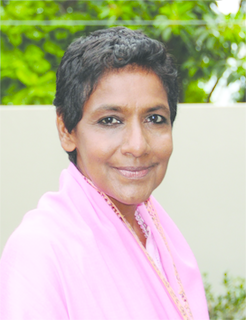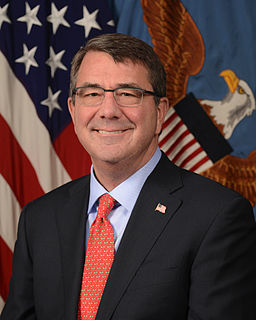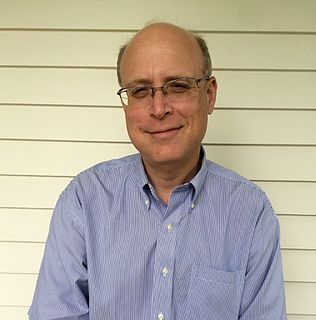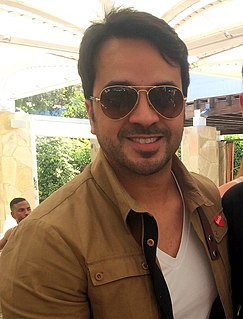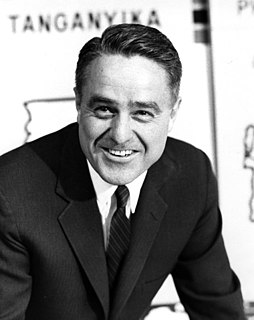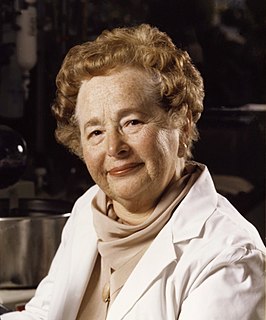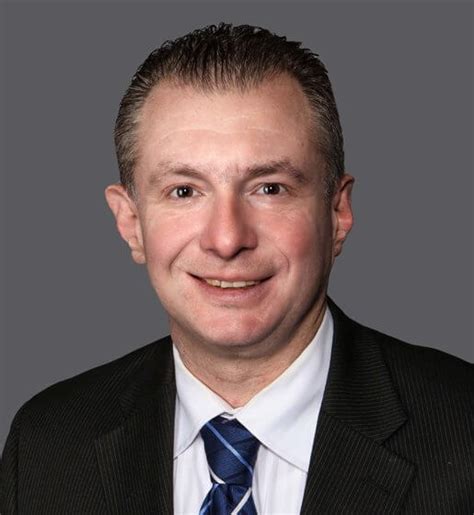A Quote by Jill Stein
As I came through medical school, it was very exciting because physicians were reaching out to each other, between the U.S. and the Soviet Union, and sort of helping to build bridges among, you know, people, people who were not allowing our government to pit us against each other and to actually take us to the brink of nuclear war. And Physicians for Social Responsibility wound up getting a Peace Prize, a Nobel Peace Prize, which they shared with International Physicians for the Prevention of Nuclear War.
Quote Topics
Actually
Against
Allowing
Among
Because
Between
Bridges
Brink
Build
Came
Each
Exciting
Getting
Government
Helping
International
Know
Medical
Medical School
Nobel
Nobel Peace Prize
Nuclear
Nuclear War
Other
Our
Out
Peace
People
Physicians
Pit
Prevention
Prize
Reaching
Responsibility
School
Shared
Social
Social Responsibility
Sort
Soviet
Soviet Union
Take
Through
Union
Up
Us
Very
War
Were
Which
Wound
Related Quotes
The war industry people are very together; they know exactly what they want; they don't even have to talk to each other. The peace industry people are just intellectuals who are very critical of each other... Unless the peace industry is powerful, we're always going to have war. It is as simple as that.
National Review once opined, many years ago, that, every year, the Nobel peace prize should go to the U.S. secretary of defense: The American military is the number-one guarantor of peace in the world. But maybe something like a Nobel freedom prize would be a more appropriate award for Reagan than a peace prize.
America is a land of big dreamers and big hopes. It is this hope that has sustained us through revolution and civil war, depression and world war, a struggle for civil and social rights and the brink of nuclear crisis. And it is because our dreamers dreamed that we have emerged from each challenge more united, more prosperous, and more admired than before.
I won't lie, I didn't know there was a concert. I've always known about the Nobel Peace Prize and the different prizes given out for science and this and that, but I didn't know there was a concert the day after. When they said, 'You're going to perform in Norway for the Nobel Peace Prize concert,' I was like, 'All right, I'm there.'
The cure is care. Caring for others is the practice of peace. Caring becomes as important as curing. Caring produces the cure, not the reverse. Caring about nuclear war and its victims is the beginning of a cure for our obsession with war. Peace does not comes through strength. Quite the opposite: Strength comes through peace. The practices of peace strengthen us for every vicissitude. . . . The task is immense!
Let us build a structure of peace in the world in which the weak are as safe as the strong ? in which each respects the right of the other to live by a different system ? in which those who would influence others will do so by the strength of their ideas, and not by the force of their arms. Let us accept that high responsibility not as a burden, but gladly ? gladly because the chance to build such a peace is the noblest endeavor in which a nation can engage.
So the idea about how detonation of a nuclear weapon might happen vary, you know - some people are especially concerned about terrorists getting their hands on nuclear weapons and using them. Some people are worried that there might be a nuclear war between India and Pakistan. Some think the Middle East, were Israel already has nuclear weapons and where other countries may be interested at some point and acquiring them, might be a flash point.
People ask me often [whether] the Nobel Prize [was] the thing you were aiming for all your life, and I say that would be crazy. Nobody would aim for a Nobel Prize because, if you didn't get it, your whole life would be wasted. What we were aiming at was getting people well, and the satisfaction of that is much greater than any prize you can get.
We found ourselves believing or allowing ourselves to believe what our industries told us, which is lead helps to guard your health was one of the ads that appeared in the 1920s. Lead takes place in modern games, lead is part of our everyday life, all these ads and propaganda that came out of the very time when physicians and public health workers and reports were appearing of children around the country who were literally at that point dying and going into convulsions because lead was poisoning them.
You have to take chances for peace, just as you must take chances in war. Some say that we were brought to the verge of war. Of course we were brought to the verge of war. The ability to get to the verge without getting into the war is the necessary art... If you try to run away from it, if you are scared to go to the brink, you are lost. We've had to look it square in the face... We walked to the brink and we looked it in the face. We took strong action.





